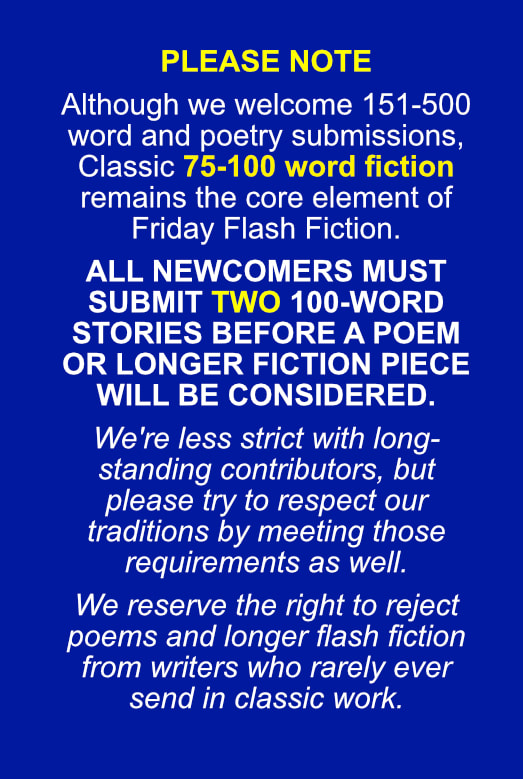While on the highway, the urban landscape slowly disappeared, instead sand dunes started to appear. Mr. Rosen informed that the highway would now cover a section of the Negev Desert. Suddenly, Prof. Mark noticed that miles of razor-fence cordoned off the sandy side of the desert with security cameras being mounted at regular intervals. He could even see the posted warning signs of no trespassing. His curiosity multiplied when he observed at the horizon several signal towers as well as a white semi-spherical dome, all blurred. He looked inquisitively at Mr. Rosen who with his usual sarcasm mentioned “Oh, that faraway complex! It is the country’s best-kept secret: the factory that produces delicious chocolates. Didn’t you already try some while in the old market in Jerusalem?”
Soon, they passed by a roadside sign announcing the approach of the nearest town of Dimona. Prof. Mark jumped on his seat and he remembered. He was attending Oxford as a Rhodes Scholar in 1986. Throughout its history, this country never acknowledged any existence of its nuclear program. That year, a whistleblower named Mordechai Venunu who had worked in the underground nuclear facility in Dimona, offered photographic evidence to British press, thus removing all veils of secrecy. Like a thrilling spy novel, Mr. Venunu was lured to the international water off the coast of Italy, abducted, and brought back to the country by the secret service agents. After his closed-door trial, he was imprisoned for 18 years, of which 11 being in solitary confinement. While to his countrymen Mr. Venunu still remains a traitor, his world stature as a “peace activist” along with the honor “a prisoner of conscience” made him a prominent figure in current nuclear-era.
Prof. Mark decided not to ask Mr. Rosen his opinion on this matter. Instead, he kept on looking at the distant, until the secret “chocolate factory” became invisible.

